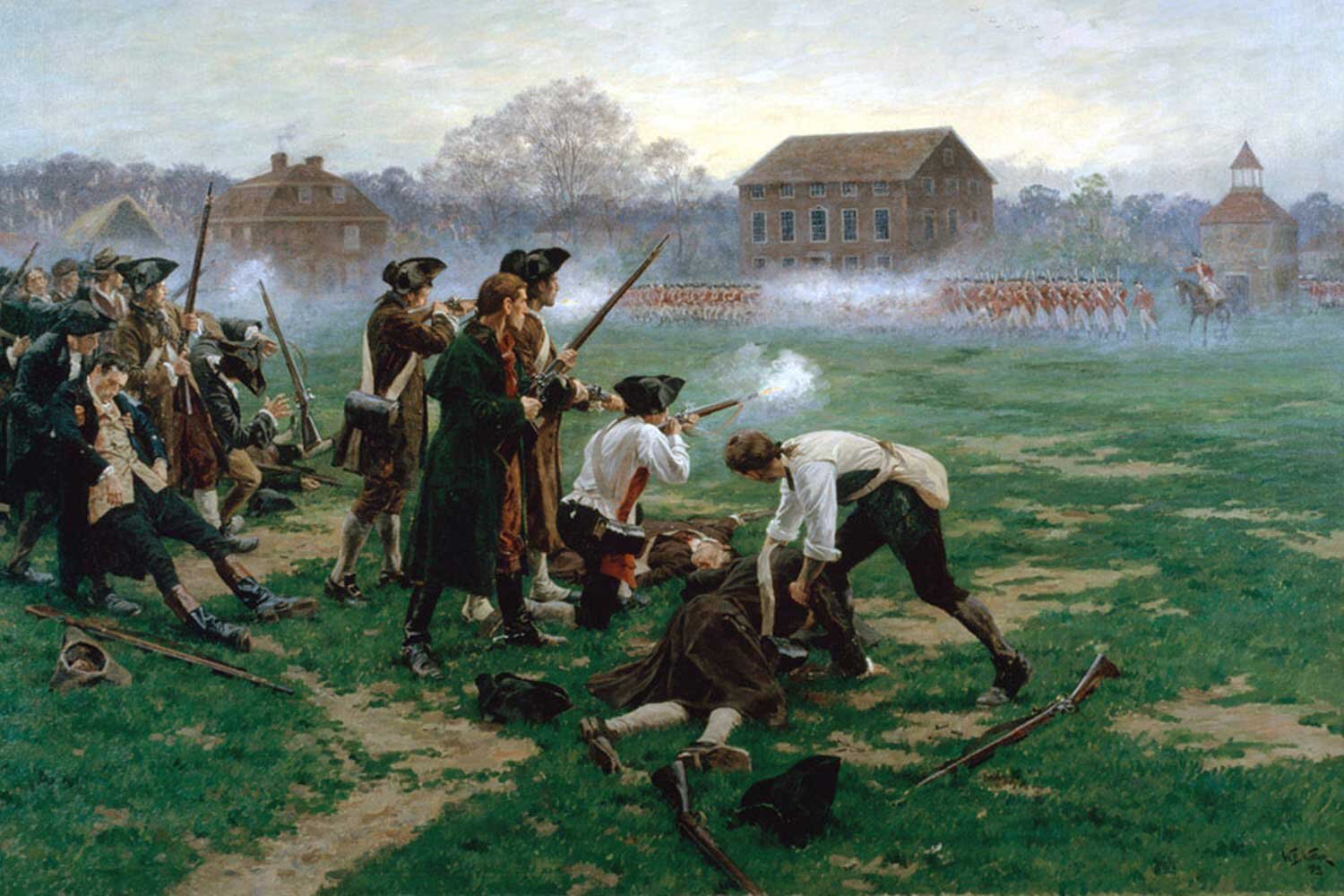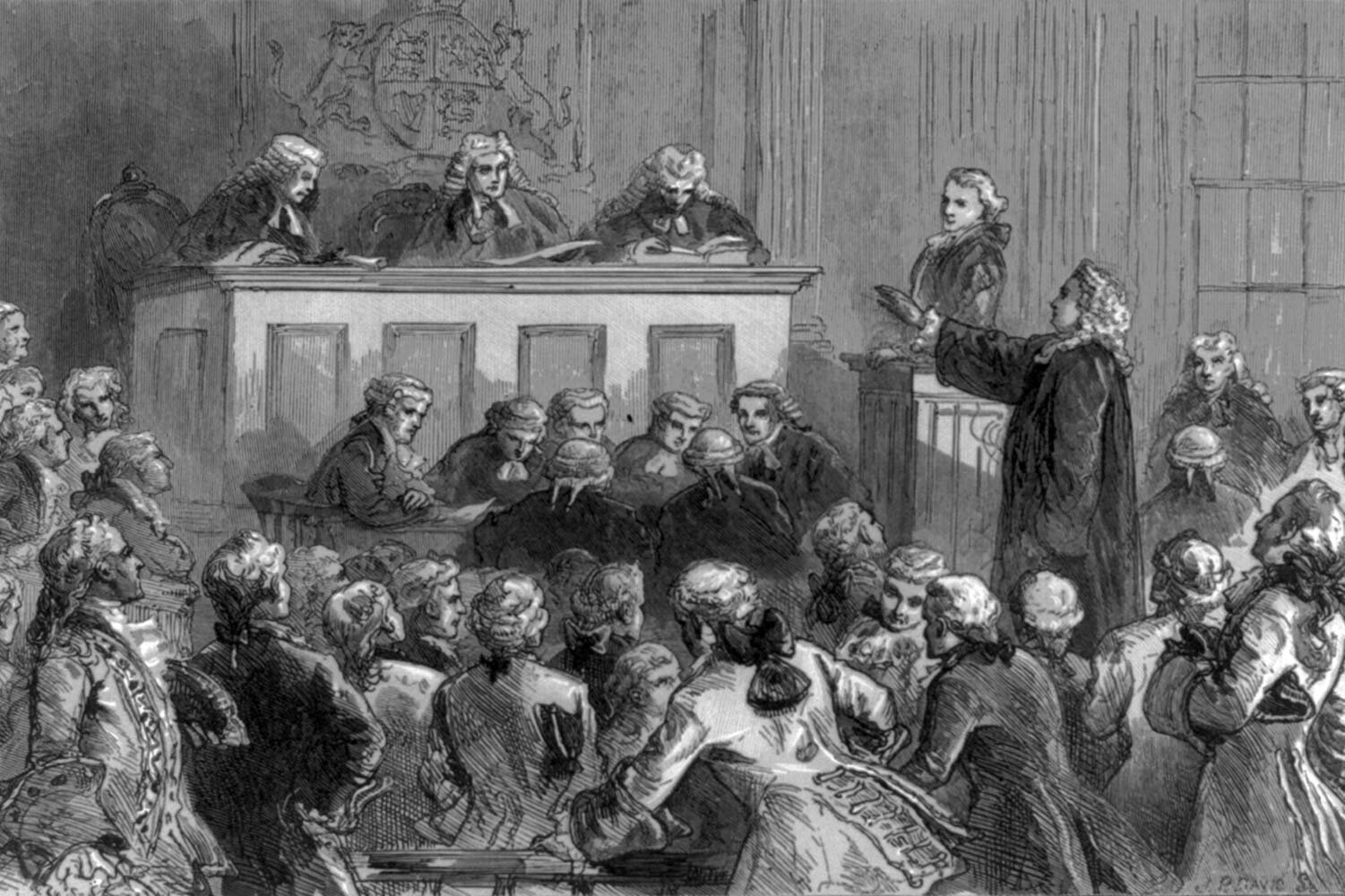The Bill of Rights: The Second Amendment
The Second Amendment: A well regulated militia, being necessary to the security of a free state, the right of the people to keep and bear arms, shall not be infringed.
The Second Amendment is corollary to one of the most basic natural rights we have, that of self-defense. However, it has recently been the subject of great controversy. Becoming familiar with the history of this doctrine is critical to understanding it.
Today’s gun-control debate in America focuses on two questions. First, does the Second Amendment give citizens the right to keep and bear arms for personal reasons or did it only pertain to the militia? Second, if the right is granted to individuals, can it be restricted or is it unlimited in scope?
To find the answers, we must examine our Forefathers own words on this subject and understand how the Supreme Court has interpreted the Second Amendment.
The right to keep and bear arms has been enshrined in English law since 1689 when it was added to England’s Bill of Rights, the precursor to ours. The right was seen by many as a natural right for “self-preservation” and “to restrain the violence of oppression” by the government.
When the Founders created our Bill of Rights, they saw two primary reasons for the need to keep and bear arms. First, there was the inalienable right to self-defense that all people enjoy. Second, this right was deemed essential as a bulwark against oppression by the government.
Samuel Adams stated the Constitution should never be interpreted to “prevent the people from keeping their own arms”. Additionally, Theodore Sedgwick declared “a nation of freemen who know how to prize liberty and who have arms in their hands” cannot be oppressed.
James Madison was also concerned about the threat a standing army posed to our democracy. In Federalist No. 46, he stated militias formed from an armed populace “would be able to repel the danger” of a federal army and thwart any attempt by it to impose autocratic rule.
Thomas Jefferson added, “No free man shall ever be debarred the use of arms.” Anti-Federalists, worried about oppression from within, clearly saw the right to keep and bear arms as extending to all citizens for their personal use.
In 2008, the Supreme Court affirmed in District of Columbia v. Heller, a close 5-4 decision, that the Second Amendment guarantees to individuals the right to “keep and bear arms” for self-defense in their home. However, they also stated these guarantees come with some limitations regarding who could own a weapon and on “dangerous and unusual weapons”.
Not all agreed with this position. In his Heller dissent, Justice Paul Stevens stated the prefatory clause “a well-regulated militia” means “the right to keep and bear arms” only protects “a right to possess and use firearms in connection with service in a state-organized militia” but not for one’s personal use.
Since Heller, two more Supreme Court decisions, McDonald v. City of Chicago (2010) and Caetano v. Massachusetts (2016), have further confirmed that the Second Amendment does grant individual citizens the right to possess and use firearms in their homes and not only in conjunction with a militia.
Based on these decisions and the words of our Founders, it seems clear Americans have a Constitutionally guaranteed right to own firearms and other weapons for self-defense and other personal reasons, but these rights are not unlimited.
WHY IT MATTERS
So why should it matter to us today that “the right of the people to keep and bear arms, shall not be infringed by the government?
Nothing is more natural than securing oneself from harm. Whether that danger be a physical assault or oppression by a stronger force such as the government, owning and knowing how to use a firearm is a sound means of ensuring one’s well-being. The Founders recognized this as a fundamental right and made certain they guaranteed it to posterity.
SUGGESTED READING
A superb anthology of some of America’s greatest works of literature, famous speeches, and patriotic songs is the book “What So Proudly We Hail”. Published in 2011, it contains excerpts from a wide array of subjects, everything from Theodore Roosevelt’s “True Americanism” to Washington’s Farewell Address to the Battle Hymn of the Republic.
PLACES TO VISIT
If you are a gun enthusiast, you should visit Springfield Armory National Historical Site in Springfield, Massachusetts. This National Park site includes the world’s largest collection of historic American firearms and several beautifully preserved buildings.
Until next time, may your motto be “Ducit Amor Patriae,” Love of country leads me.











The Tenth Amendment is one of the true foundational amendments of our Constitution. It reserves for the states all rights not granted to the national government by the Constitution, guaranteeing a federalist type of administration.